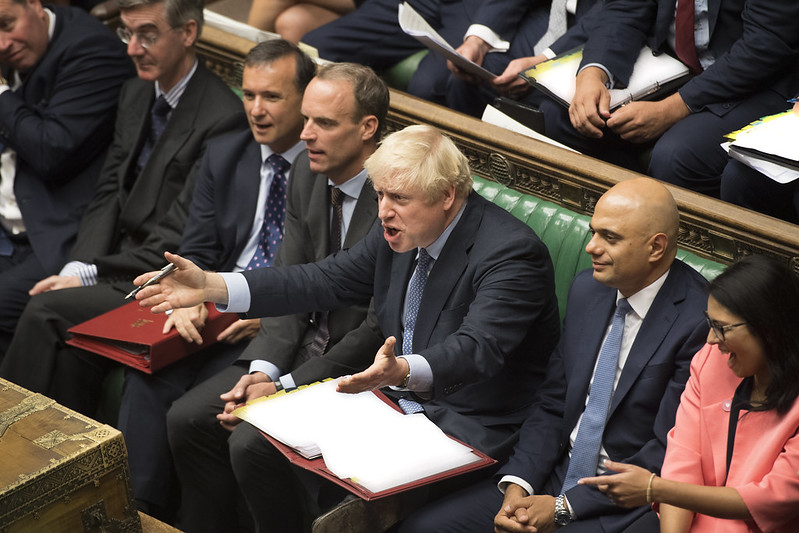For over fifty years, Index on Censorship has supported dissidents, journalists and activists in part by training them on the most current technology. In recent years that has included how to use encryption and encrypted communication apps, helping them to protect themselves from repressive regimes in the easiest and most comprehensive ways possible. This training was especially necessary when accessing encryption proved to be a specialist pursuit, involving intensive training, helping people on the ground to understand the options and downloading often complex peer-to-peer messaging apps.
Now, thankfully, encryption is everywhere; human rights defenders, journalists and MPs use platforms like Signal, Telegram and WhatsApp to exchange everything from gossip to public interest data. Encryption is critical for investigative journalists who need to communicate with sources and to protect their investigations against hostile actors, whether states or criminal gangs.
And for all of us encryption has its uses: sending family photos and sharing personal information. After all, who hasn’t sent their bank details to a friend?

Telegram is used by activists, journalists and politicans. Photo: Christian Wiediger/Unsplash
For Index on Censorship, protecting encryption is a critical frontline in the fight for freedom of expression. Free speech isn’t just about the words themselves: it is the freedom to exchange information, the freedom to gather information and the freedom to confide ideas and thoughts to others without the risk of arrest and detention. Encryption is now central to our collective ability to exercise the right to freedom of expression.
Five years ago, Jamie Bartlett wrote for Index on Censorship about how his experience of police intimidation in Croatia, a democratic EU member state, changed his view on encryption. In Jamie’s case it offered a secure means of communicating with a source who the authorities had made it clear they did not want him to speak to.
Today, in too many states, encryption is now essential. As we speak the reality on the ground in authoritarian regimes including China, Hong Kong, Belarus and Russia, the difference between using an encrypted messaging app to express yourself, or unencrypted communications will mean the difference between freedom and imprisonment, if not worse.
Promoting and defending encryption is essential for any organisation that promotes and defends free speech. That’s why Index on Censorship is delighted to announce that we’ve received a grant from WhatsApp, the messaging app, to support our work in defending encryption. The grant of £150,000 will be used for our general work in defending digital freedom and our work streams will not be determined by any one other than my team at Index. From our perspective this grant is incredibly welcome as it will allow us to develop new content that explains the importance of encryption to the public, allows us to get new legal advice on why encryption should be protected as a fundamental defence of our human rights, as well as bringing new voices into the debate on why encryption is so critical to defend free speech.
As with any grant, the grantee has no influence whatsoever over Index on Censorship policy positions or our work itself. Index has had its criticisms of Meta (WhatsApp’s parent company) in the past and I’m sure we will in the future, and we’ll continue to speak freely to any government or company.
Right now, we’re continuing to argue for a pause to the UK government’s rush to push through its flawed Online Safety Bill, ensuring we have the opportunity to work with Ministers to amend the bill to remove the flawed ‘legal but harmful’ provisions in the legislation (as demolished by Gavin Millar QC’s power legal opinion for Index) and also ensure the potential undermining of encryption is taken out of this legislation.
We’ve got a lot to do – but the political weather is changing in the right direction.






